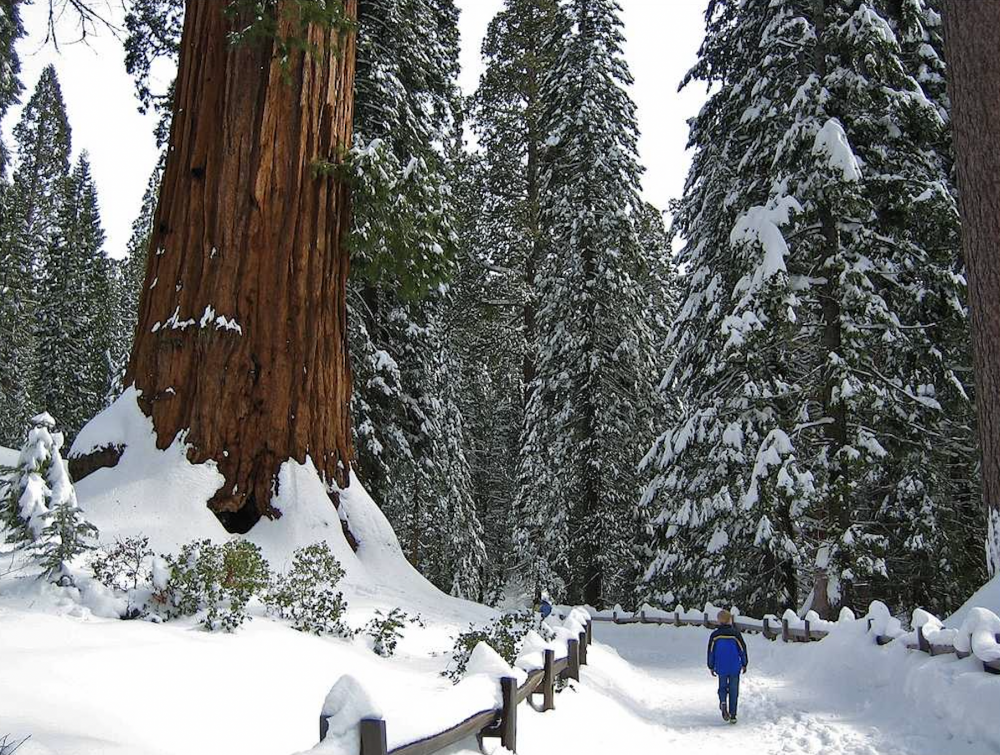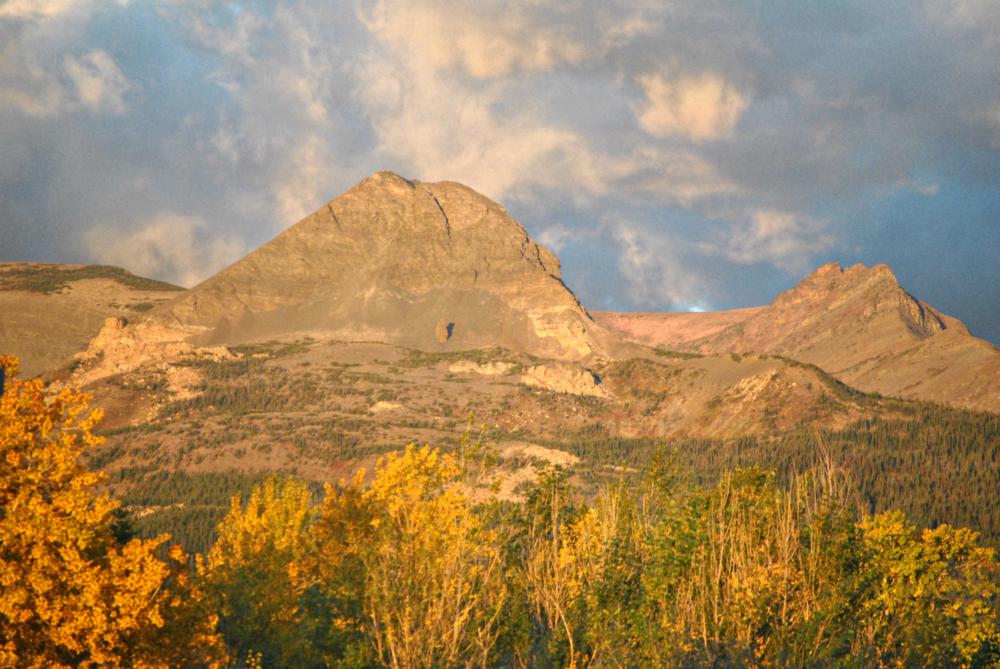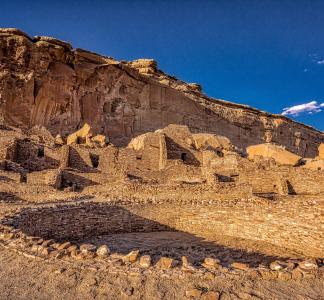Racist or offensive names persist in U.S. parks; new plan confronts them

Giant sequoia in Kings Canyon National Park, formerly home to the nearly 255-foot Robert E. Lee tree. In 2020, Kings Canyon removed the name of the Confederate leader.
Jim Brekke, flickr
Interior to scrap anti-Indigenous slur, introduce review process
Author: Eliza Boetsch
Confederate leader Robert E. Lee was a white supremisist who not only fought for the preservation of slavery, but was also an enslaver himself who perpetrated violence against Black enslaved people. Despite all of this, as of 2017, there were a total of 230 monuments and public places named in Lee’s honor.
Across the U.S., there are thousands of mountains, rivers, parks, and other geographic features that have names containing racial slurs or bear the names of racist historical figures, including Confederate leaders and those responsible for atrocities against Indigenous peoples. These names not only perpetuate prejudice, racism and hate, but they also create a hostile and unwelcoming environment on public lands and send the message that not everyone is welcome in the outdoors.
DOI issues administrative action to address racist and offensive names on public lands
On Nov. 19, the movement to do away with racist and offensive place names made significant progress when Secretary of the Interior Deb Haaland issued two secretarial orders that offer an opportunity to review and potentially eliminate offensive names of parks, wilderness areas, mountains, rivers and other features.
The first of these orders will replace the name of all geographic features containing a certain racial and misogynistic slur against Indigenous women. For years, there has been growing pressure to eliminate the use of this slur, and while Montana, Oregon, Maine and Minnesota have passed legislation to prohibit its use, over 650 geographic features in the US still contain the deeply offensive word.
The second administrative action will create an advisory committee to review and potentially replace racist and offensive names. The committee will consider recommendations from impacted communities to remove and replace names that contain racial slurs and offensive words and will include representation from Indigenous groups, civil rights and history experts, and the general public.

Originally containing a slur against Indigenous women, this peak, located in Glacier National Park, has been renamed to Dancing Lady Mountain.
Loco Steve, flickr
"Racist terms have no place in our vernacular or on our federal lands. Our nation’s lands and waters should be places to celebrate the outdoors and our shared cultural heritage – not to perpetuate the legacies of oppression,” said Secretary Haaland in a statement on the orders. “Today’s actions will accelerate an important process to reconcile derogatory place names and mark a significant step in honoring the ancestors who have stewarded our lands since time immemorial.”
This victory comes after decades of Indigenous-led efforts to recognize and address the racism and violence embedded in the names of many public lands and waters – names which, in most cases, replaced those originally given to these same features by Indigenous people.
"Racist terms have no place in our vernacular or on our federal lands. Our nation’s lands and waters should be places to celebrate the outdoors and our shared cultural heritage – not to perpetuate the legacies of oppression.” - DOI Secretary Haaland
There is much more work to do to ensure that all people feel welcome on public lands
Sec. Haaland’s administrative actions mark an important advancement toward acknowledging the historic and ongoing injustices perpetrated against Indigenous people and people of color. They’re also a step toward ensuring all people feel welcome and included on public lands and in the outdoors. The Wilderness Society supports these executive orders, and welcomes a transition from offensive and racist place names on public lands to names that honor diversity, equity and inclusivity.



